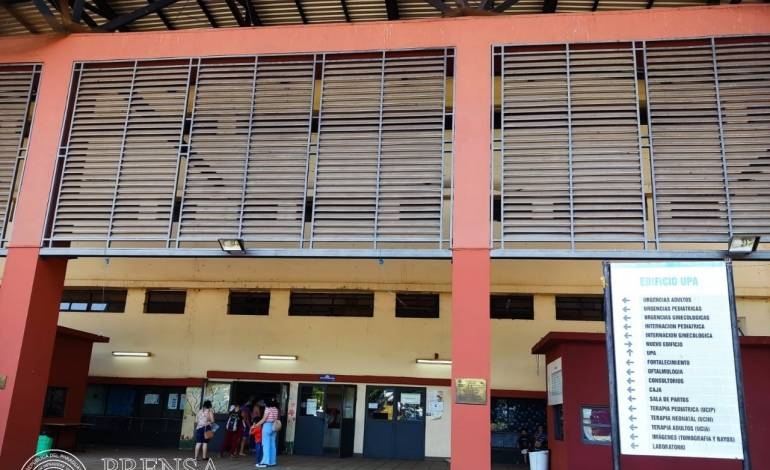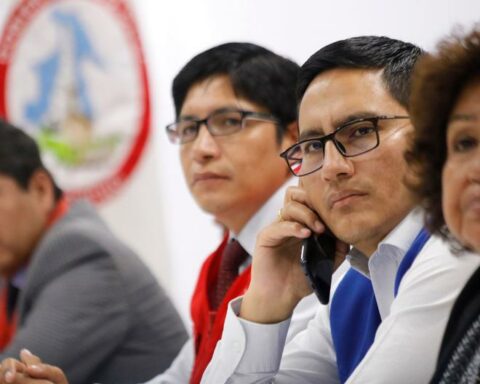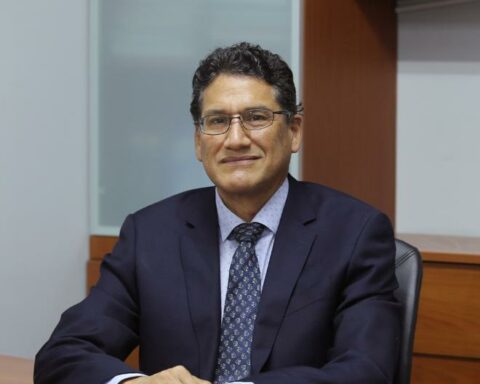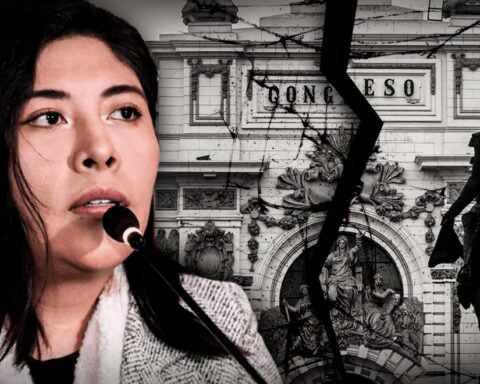We live in an environment of high uncertainty, so the role of business leaders becomes more relevant. Teams of collaborators see the leader as a guide who conveys focus and confidence in complex times. The pandemic of COVID-19 or the sustained political uncertainty–economical, have presented various challenges that go beyond focusing solely on maintaining the company’s profitability, which in itself is highly relevant. Therefore, in this context, it seeks to genuinely connect with its work teams and generate security in the midst of uncertainty.
“Displaying leadership in today’s world requires emphasizing the purpose of the organization through transparency; make decisions faster; and delve into the company’s long-term vision. These actions are key to managing uncertainty for collaborators and providing them with the necessary confidence to go through crises efficiently”, remarks David Franco, Academic Director of the UTP Postgraduate School.
Highlight purpose and increase transparency
The purpose of the companies allows defining where the efforts are directed, and it is the responsibility of the leader that all the collaborators feel part of it, being clear about their contribution to the company and the impact of their actions on the results. Likewise, communication is key to this teamwork dynamic. For this reason, in times of crisis and uncertainty, it becomes even more important to assume a leadership profile of maximum transparency towards collaborators, always having a north: the purpose.
LOOK: Melissa Klug maintains a good relationship with Jesús Barco’s mother: “She adores me and I love her
Different concerns are likely to arise “What changes will the company make in the face of this crisis? Will the telework modality be maintained? What will be the goals for this year? All these questions are usually common in complex scenarios and the best business leaders can do is communicate what they know, and admit what is not yet known and reinforce that we are all united by purpose”, says Franco.
The transparent leader will prevent information gaps from beginning to be filled with information that may arise and weaken teamwork, since work environments immersed in rumors can lower productivity and induce a lack of commitment in employees, adds the Academic Director from the Graduate School of the UTP.
Maintaining active and timely communication will allow consolidating leadership. However, nonverbal communication (calm expressions, open postures, a calm and confident tone of voice) should be considered essential. This can be even more valuable than a constant flow of emails or text messages with teams, since human contact will always be valued, even in virtual environments.
Prioritize speed and the long term
If something characterizes a crisis, it is the demand for rapid responses due to the rapidly changing business environment and customer requirements. This dynamic requires that the immediate actions required in a company have to be taken even in the midst of uncertainty.
For the specialist, stimulating initiative and autonomy at all levels of the organization will facilitate business adaptation in the midst of unforeseen scenarios and will generate greater commitment from workers as they feel that their opinions, their abilities and their creativity are valued and taken advantage of. environments of maximum uncertainty. “And the key differential to achieve this is that all employees know what the company’s objectives are in line with the purpose,” adds David Franco.
Likewise, according to an article in the Harvard Business Review, “Reinventing your leadership team”, another aspect to consider is digitalization, which may be necessary to accelerate processes, generate competitive advantages and transform for the future, which is based on the capabilities of people and the leadership of managers.
When companies make decisions in the midst of a temporary crisis, they tend to focus only on the short term. This, however, can reduce competitiveness. For the specialist, an executive who wishes to lead in the midst of uncertainty must keep in mind the strategic lines of the corporation in the long term and clearly transmit them to his collaborators.
“To develop leadership in times of crisis, structural changes must be identified and their adoption anticipated. In this way, it will be possible to improve the levels of task fulfillment and also gain confidence in the team”, concludes the Academic Director of the UTP Graduate School.








